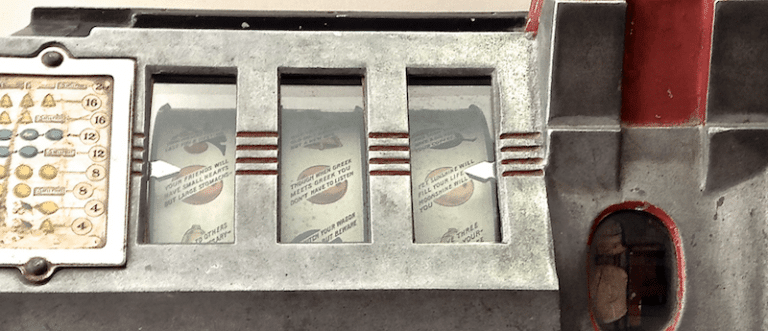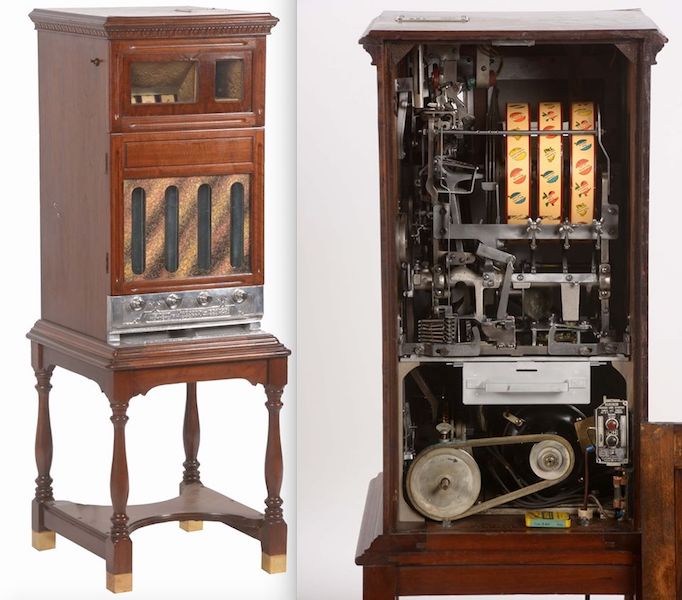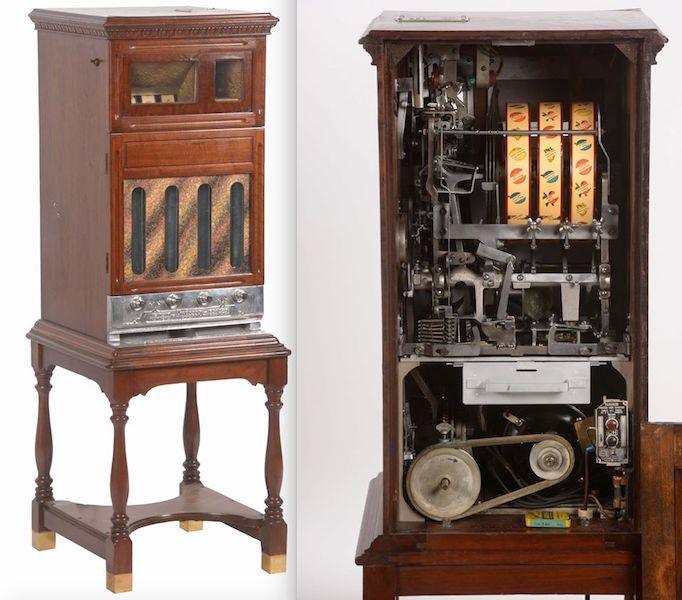
Whether in the form of poker games in mining town saloons to less obvious games of chance such as church raffles, gambling has been a secret vice in Utah since before statehood. For nearly as long state lawmakers and police have been playing a game of Whack-a-Mole in trying to eliminate it.
Utah lawmakers took another whack at “fringe gambling” by passing a bill targeting videogame-like terminals that have sprouted up in convenience stores, laundromats and bars around the state.
The games, often called “Sweepstakes” games, are ostensibly played for prizes or tickets that can sometimes be redeemed for cash. In February police raided the operations of a person who had slot machines and “coin pushers” around the Salt Lake Valley, which allegedly brought in around $8 million a year in cash. In May of last year, police in Price confiscated slot machines and coin pushers from various locations in Carbon County.
There has always been an appetite for gambling in the Beehive state. In the years after World War II, it was not uncommon to find a number of ways to gamble at bars, pool halls or roadside cafes, according to retired antiques dealer and appraiser Clark Phelps. Phelps’ father rented pool tables and bingo pinball machines to various businesses. He also sold punchboards, which were popular in bars and cafes. As a boy, Phelps would accompany him on trips to collect money and drop off more boards and prizes.
“Punchboards were like a lottery. You would buy a board with a bunch of covered holes. You punch through the hole with a pencil and you would get a number. You get the right numbers and you could win a prize or money,” said Phelps.
Phelps said depending on the town, the police or sheriff let the activity continue “because it was just small potatoes and not worth bothering with. In some places, people didn’t really think of it as gambling,” he said.

But the lure of quick money wasn’t always reserved for pool halls and bars. The private Alta Club in Salt Lake City once had slot machines. According to the club’s historical record, “The Alta Club was hard hit by the Depression of the 1930s. During that time, however, new ways of club financing, including the installation of slot machines … rescued the club and put it on sound footing.” But in the years after the Depression, Salt Lake City Police could no longer ignore the one-armed bandits and eventually confiscated the machines in a raid of the club.
The Alta Club was not alone in hosting gambling devices during the Depression. According to Phelps, the posh Hotel Utah (now the Joseph Smith Memorial Building) also had a slot machine. Tucked into a corner in the hotel’s newsstand was a cabinet.
“The cabinet was made to blend in as a fine piece of 1930s furniture. There was no handle to pull. Once the nickel was placed into the machine, a motor set the wheels in motion. The fruit symbol wheels were discrete and not easily seen unless you were standing right up next to the cabinet,” said Phelps.
The machine would dispense cash but could also vend candy. The dials had little “fortunes” written on them. Operators could claim it was not a gambling device but a prize and candy machine, not unlike the claims of today’s video sweepstakes games that are the target of the latest Utah law. It seems the more things change, the more they stay the same.






